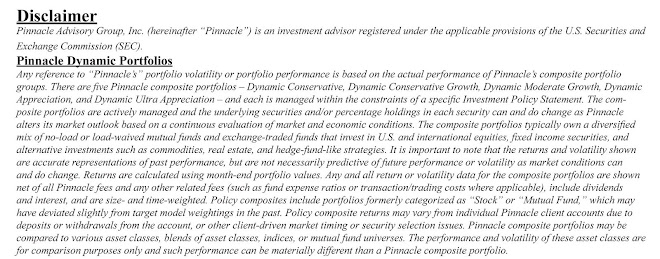With the advent of Exchange Traded Funds (ETFs), we have raised the question of how to best manage fixed income on multiple occasions. Since our inception, we have used individual municipal and government bonds when we felt there was value in that asset class. This is very normal in the institutional world, and has served our clients very well. However, I recently informed our Chief Investment Officer (Ken Solow) that the fixed income portfolios for many clients are drifting from our targeted duration due to the use of individual securities. As a reminder, duration is the sensitivity of a bonds price to a change in interest rates. A longer duration bond has greater price moves when interest rates change than shorter duration bonds. When an individual bond gets closer and closer to maturity its duration becomes shorter and drifts away from our intended target.
If we bought bonds to generate income, and just held them to maturity it would be a much simpler world. However, we manage bonds for total return – which is income plus changes in price. And as bonds drift from their duration targets, the total return on the bond also drifts from our expectations, and we are left with a choice. Do we sell the current bonds to purchase longer duration bonds, or do we hold on to them with the realization that our total return expectations would have to change?
Getting back to ETFs, many companies have created products that provide exposure to municipal or government bonds while managing duration. For instance, the iShares 20+ Year Treasury (TLT) invests in U.S. government bonds over 20 years in maturity, while maintaining a fairly constant duration in the vicinity of 15.5. We can purchase this product for every client and have two reassurances: the product will generate the same return for each client and iShares will manage the duration for us. So even though the use of individual securities has many merits, I feel like these two factors allow us to more effectively manage our bond allocations and therefore we may see more ETFs used in Pinnacle portfolios in the future.

